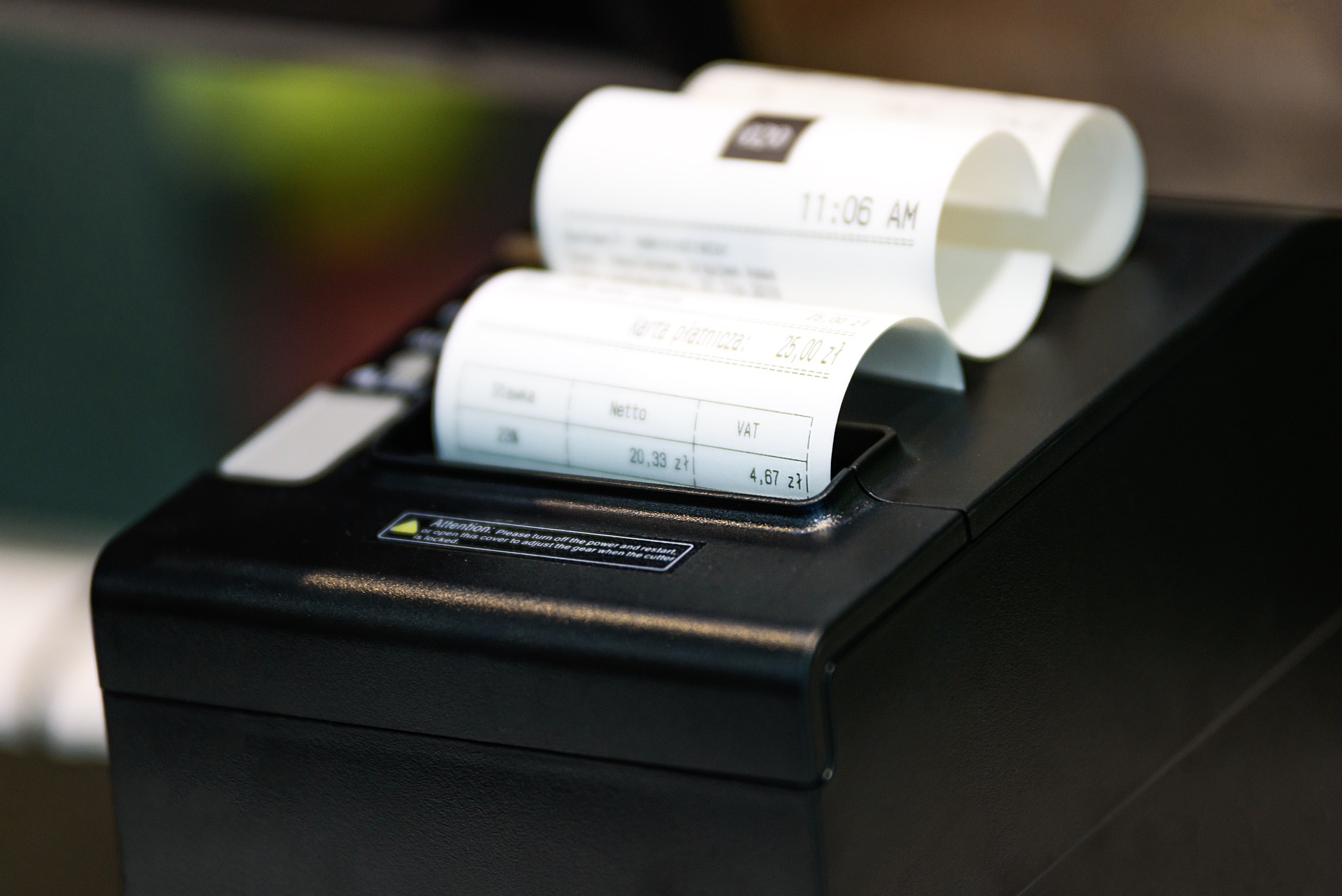
On November 8th, the Ministry of Finance of Costa Rica published the new Electronic Invoices Regulation for Tax Purposes (RCdPE), whichcame into force inmmediately. This regulation introduces changes in how taxpayers must manage their electronic invoices, particularly those related to the Income Tax and the Value Added Tax (VAT).
With this new regulation, Executive Decree No. 41820-H of June 19, 2019, titled Regulation of Electronic Invoices for Tax Purposes, is repealed.
Key Changes in the New Regulation
- Exceptions in the issuance of electronic invoices: New exemptions are established for the obligation to issue and confirm electronic invoices. For instance, taxpayers enrolled in objective assessment regimes or those authorized to receive deductible donations from Income Tax are exempt.
- Process for the cancellation of electronic invoices: It is now clarified that correctly issued electronic invoices cannot be directly voided. In case of an error, a credit or debit note must be issued, unless the Ministry of Finance rejects the invoice, in which case issuing such a note will not be necessary.
- New types of electronic invoices: The concept of "Electronic Payment Receipt" is introduced, which will be used to support partial payments in credit transactions, in accordance with the VAT Law.
- Electronic purchase invoice: It is specified that the electronic invoice for purchases will also be mandatory for acquisitions from non-resident suppliers or individuals not registered as taxpayers.
- No graphic representation required: The graphic representation of electronic invoices will have no fical effect and cannot be relied uppon to substantiate credits or expenses. Furthermore, the obligation to physically store electronic invoices is eliminated.
- Rejection of electronic invoices: When the Ministry of Finance rejects an invoice, it shall become invalid, and a new one must be issued without the need to issue a credit or debit note.
- Own electronic billing system: The regulation now allows taxpayers to develop and use their own electronic invoicing systems, as long as they comply with the technical and regulatory standards set by the Tax Administration.
What Changes for Taxpayers?
The regulation provides clarity on several key aspects for taxpayers who issue electronic invoices. Below are some of the most relevant points:
- Taxpayers will have a two-month period (previously one month) to adapt their electronic billing systems to the new provisions. This period begins when the Tax Administration issues a general resolution with the updated technical standards.
- If the Tax Administration’s system is unavailable and an electronic invoice cannot be issued, taxpayers must retain the XML files until the service is restored.
- It is established that only emails that comply with the technical specifications detailed in the Resolution on Annexes and Structures will be considered valid for the invoicing process.

